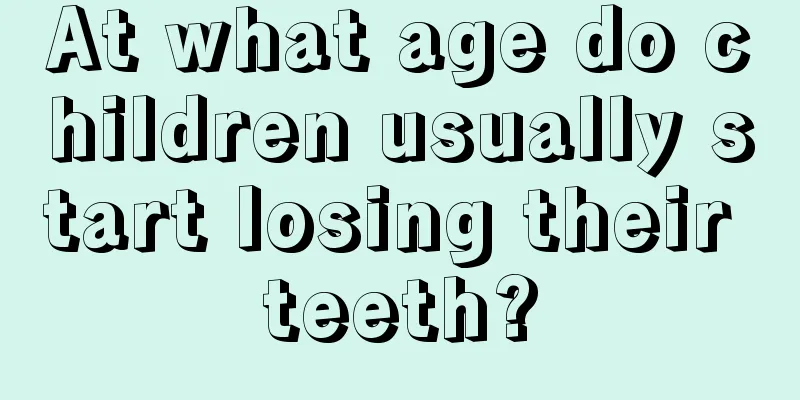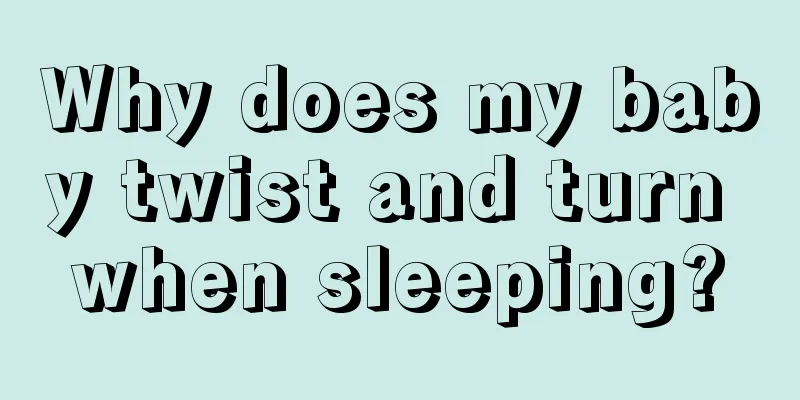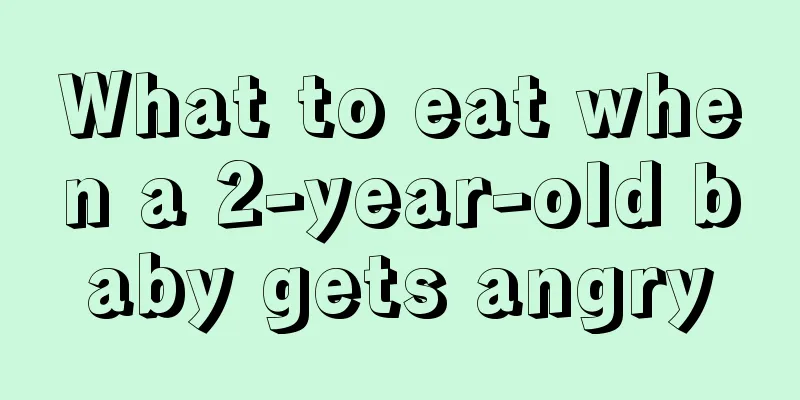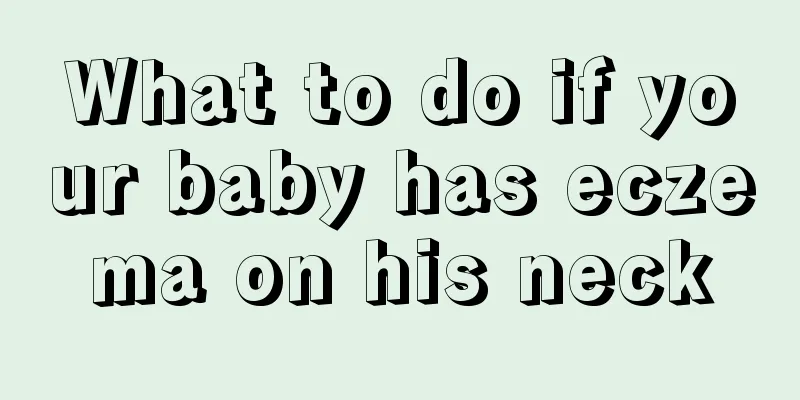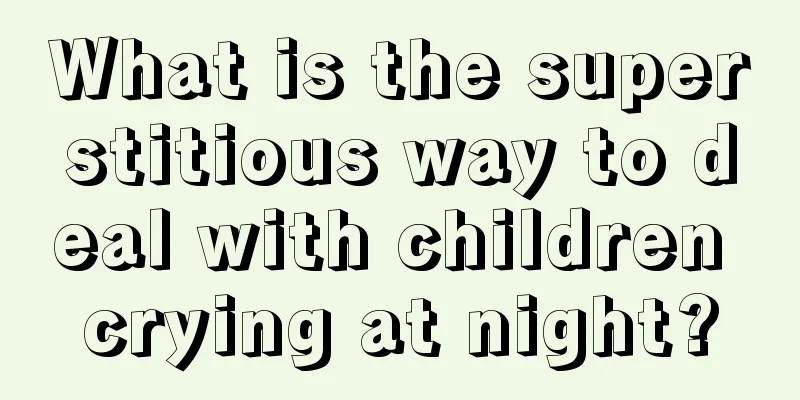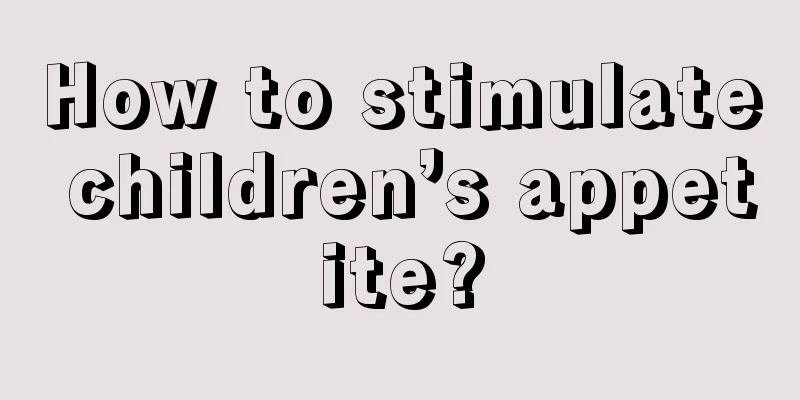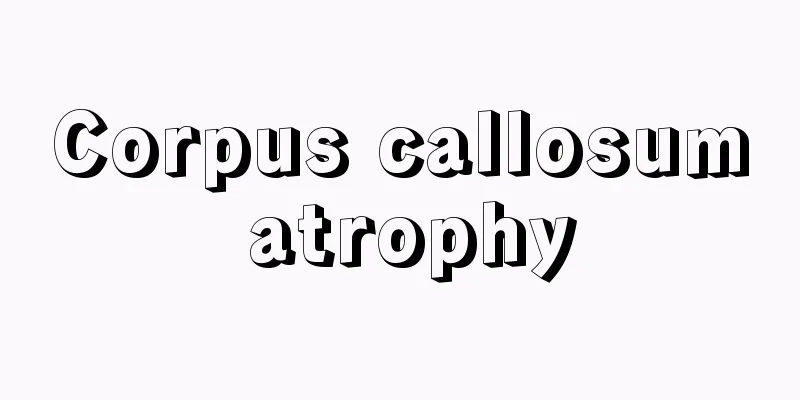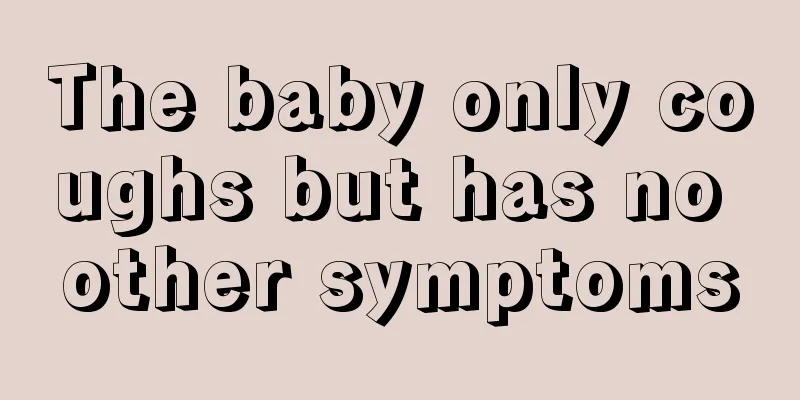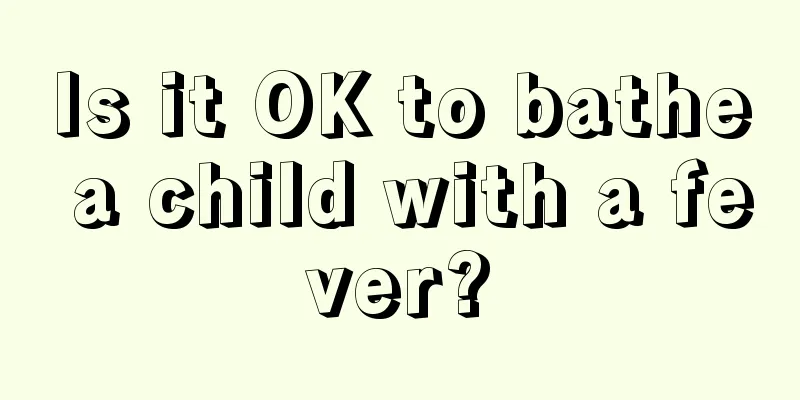Clinical manifestations of cerebral palsy in children
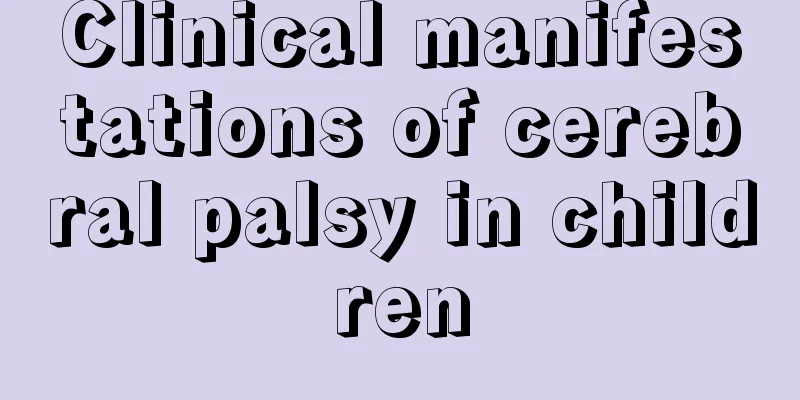
|
Cerebral palsy in children is commonly known as cerebral palsy, also known as cerebral palsy in children. Cerebral palsy is a disease that occurs within one month after the baby is born. At this time, the baby's brain is not yet fully developed, and various non-progressive brain injuries lead to a syndrome of various motor dysfunctions. Children with cerebral palsy also often suffer from epilepsy and various visual and hearing impairments, and their behavior is different from that of normal people. Another manifestation of children with cerebral palsy is intellectual disability. Since the lesions of cerebral palsy are mainly in the brain, the limbs will also be affected, thus restricting people's behavior. So, what are the specific clinical manifestations of cerebral palsy in children? Let’s take a look. Weakness and decreased spontaneous movement: These are symptoms of hypotonia and can be seen as early as one month. If it persists for more than 4 months, it may be diagnosed as severe brain damage, mental retardation or muscle system disease. Stiffness of the body: This is a symptom of high muscle tone and can be seen as early as one month. If it persists for more than 4 months, it can be diagnosed as cerebral palsy. Slow reaction and no response when the name is called: These are early signs of mental retardation. It is generally believed that slow reaction at 4 months and no response when the name is called at 6 months can be diagnosed as mental retardation. Abnormal head circumference: Head circumference is an objective indicator of the morphological development of the brain. Children with brain damage often have abnormal head circumference. Difficulty in breastfeeding: The baby cannot suck after birth, sucks weakly or refuses to breastfeed, becomes tired and weak after sucking, often chokes and spits up milk, cannot close the mouth well, and has poor weight gain. .Fixed posture: The baby is very quiet after birth, crying weakly or crying continuously. It is often caused by abnormal muscle tone due to brain damage, such as opisthotonos, frog position, and inverted U-shaped posture. It can be seen one month after birth. Not smiling: If a child cannot smile at 2 months and cannot laugh out loud at 4 months, he or she may be diagnosed with mental retardation. Fist: If the hand cannot be opened at 4 months, or the thumb is adducted, especially on one upper limb, it has important diagnostic significance. Body torsion: If a 3-4 month old baby has body torsion, it often indicates extrapyramidal system damage. Although some children will suffer from cerebral palsy after birth, cerebral palsy can actually be prevented. So how to prevent it? First of all, pregnant women should prevent rubella virus infection during pregnancy, and then go to the hospital regularly for comprehensive examinations. Once they are found to have diabetes, hypertension and other diseases, they should be treated in time. |
<<: The dangers of precocious puberty in girls
>>: Symptoms of mild cerebral palsy in children
Recommend
How to do outdoor sports for children?
Children are the apple of their parents' eyes...
What to do if your child has red and swollen gums
The gums are the hotbed of our teeth. Without the...
At what age is it better to have hernia surgery for children?
Hernia problems in children generally require spe...
10 Tips for Treating Picky Eating in Children
Nowadays, many children are picky eaters, which is...
What to do if your baby is short
The baby will have relevant examinations at each ...
Will the baby's temperature rise when teething?
Babies are born without teeth, so they generally ...
What should I do if my child has diarrhea and vomiting?
Because children's body systems are not fully...
What is the cause of diarrhea and yellow water in newborns and how to care for them
Many mothers have no experience in taking care of...
The child cannot speak at the age of three_The child is almost three years old and still cannot speak?
Babies generally go through many stages in their ...
What causes night convulsions in children?
Sometimes when we are sleeping, we can clearly fe...
Can babies eat durian when they have a fever?
Fever is not unfamiliar to people, because someti...
White sticky discharge from the eyes of children
If there is any disease in the eyes, it can often...
Why is my baby's ears red, swollen and hot?
Many mothers of babies are confused about the pro...
What should I do if my child has a stuffy nose and sneezes? Parents should keep these tips in mind
When a child has symptoms of nasal congestion and...
Can arthritis in children be cured?
Arthritis is a rather distressing disease that mo...
